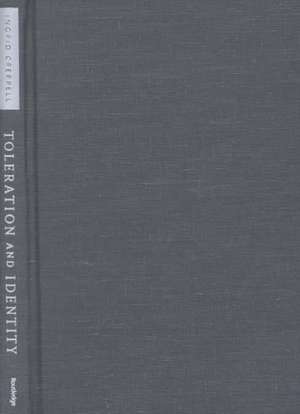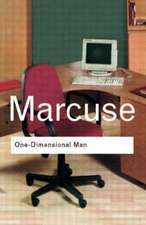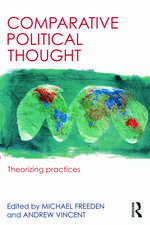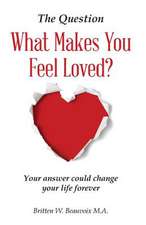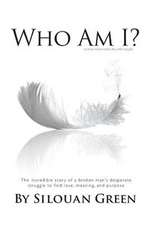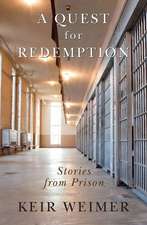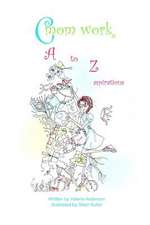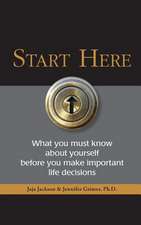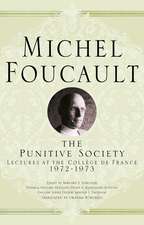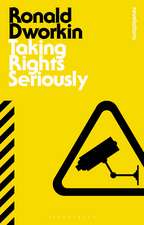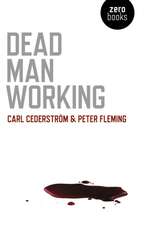Toleration and Identity: Foundations in Early Modern Thought
Autor Ingrid Creppellen Limba Engleză Hardback – 13 dec 2002
| Toate formatele și edițiile | Preț | Express |
|---|---|---|
| Paperback (1) | 467.94 lei 6-8 săpt. | |
| Taylor & Francis – 13 dec 2002 | 467.94 lei 6-8 săpt. | |
| Hardback (1) | 1004.34 lei 6-8 săpt. | |
| Taylor & Francis – 13 dec 2002 | 1004.34 lei 6-8 săpt. |
Preț: 1004.34 lei
Preț vechi: 1224.80 lei
-18% Nou
Puncte Express: 1507
Preț estimativ în valută:
192.19€ • 205.51$ • 160.24£
192.19€ • 205.51$ • 160.24£
Carte tipărită la comandă
Livrare economică 18 aprilie-02 mai
Preluare comenzi: 021 569.72.76
Specificații
ISBN-13: 9780415933018
ISBN-10: 0415933013
Pagini: 224
Dimensiuni: 152 x 229 x 14 mm
Greutate: 0.57 kg
Ediția:1
Editura: Taylor & Francis
Colecția Routledge
Locul publicării:Oxford, United Kingdom
ISBN-10: 0415933013
Pagini: 224
Dimensiuni: 152 x 229 x 14 mm
Greutate: 0.57 kg
Ediția:1
Editura: Taylor & Francis
Colecția Routledge
Locul publicării:Oxford, United Kingdom
Recenzii
"Ingrid Creppell is an accomplished and serious scholar of the history of political thought as well as being--something much rarer-an original thinker. In Toleration and Identity, she addresses a problem of perennial and recently renewed importance. She demonstrates vividly how much we can learn by turning anew to the great thinkers of post-Reformation Europe who forged the ideas that enabled continual violence over religious differences to give way, eventually, to toleration. This is a very important book." -- Susan Okin, Martha Sutton Weeks Professor of Ethics in Society, Stanford University
"A very scholarly and engaging reconsideration of the foundations of the Western, Liberal tradition of toleration. Creppell argues that in an age of terrible conflicts around identity and fundamentalisms we need to tie the concept and practice of toleration much more closely to the complexities of overlapping and contested identities and the possibilities of accommodation than the prevailing liberal account of toleration allows. She rediscovers in Bodin, Montaigne, Locke and Defoe a rich and complex analysis of toleration in relation to identity, selfhood and accommodation in the context of conflicts, not unlike those of our time, that provides the basis for rethinking the possibility of global toleration today." -- James Tully, Jackman Professor of Philosophical Studies, University of Toronto
"The origins of the idea of religious toleration in early modern thought remain a puzzle. What sort of transformation was necessary in the way people thought of themselves, in order to allow them to say that matters of religion were no business of government, and that they should live in peace alongside those who they conceived as being wrong on the most important matters on which it was possible to be right or wrong? How was this transformation-as much a transformation in people's sense of identity as in their theories of government-brought about? Ingrid Creppell has added immensely to our understanding of toleration by asking exactly these questions." -- Jeremy Waldron, Maurice and Hilda Friedman Professor of Law and Director of the Center for Law and Philosophy, Columbia University
"Ingrid Creppell argues that people can accept toleration as a moral ideal only after they have developed tolerant selves. Through central works of Montaigne, Bodin, Locke, and Defoe, Creppell traces the origins of tolerant identities in Western culture. No topic is currently more important than how tolerance can be inculcated; to our understanding of this subject Creppell makes a vital contribution." -- George Klosko, Professor, Department of Politics, University of Virginia
"A very scholarly and engaging reconsideration of the foundations of the Western, Liberal tradition of toleration. Creppell argues that in an age of terrible conflicts around identity and fundamentalisms we need to tie the concept and practice of toleration much more closely to the complexities of overlapping and contested identities and the possibilities of accommodation than the prevailing liberal account of toleration allows. She rediscovers in Bodin, Montaigne, Locke and Defoe a rich and complex analysis of toleration in relation to identity, selfhood and accommodation in the context of conflicts, not unlike those of our time, that provides the basis for rethinking the possibility of global toleration today." -- James Tully, Jackman Professor of Philosophical Studies, University of Toronto
"The origins of the idea of religious toleration in early modern thought remain a puzzle. What sort of transformation was necessary in the way people thought of themselves, in order to allow them to say that matters of religion were no business of government, and that they should live in peace alongside those who they conceived as being wrong on the most important matters on which it was possible to be right or wrong? How was this transformation-as much a transformation in people's sense of identity as in their theories of government-brought about? Ingrid Creppell has added immensely to our understanding of toleration by asking exactly these questions." -- Jeremy Waldron, Maurice and Hilda Friedman Professor of Law and Director of the Center for Law and Philosophy, Columbia University
"Ingrid Creppell argues that people can accept toleration as a moral ideal only after they have developed tolerant selves. Through central works of Montaigne, Bodin, Locke, and Defoe, Creppell traces the origins of tolerant identities in Western culture. No topic is currently more important than how tolerance can be inculcated; to our understanding of this subject Creppell makes a vital contribution." -- George Klosko, Professor, Department of Politics, University of Virginia
Notă biografică
Ingrid Creppell is an Associate Professor of Political Science at George Washington University. She has published in Theory & Event, Political Theory, and Res Publica.
Cuprins
1.Introduction2.The Early Modern Context3.Bodin and the State: Structuring a Political Self4.Montaigne and the Body: Self-Reflection in Time5.Locke and Society: Boundaries of Presentation and Ratification6.Defoe and Work: Self-Creation in a New World7.An Ethic of Toleration
